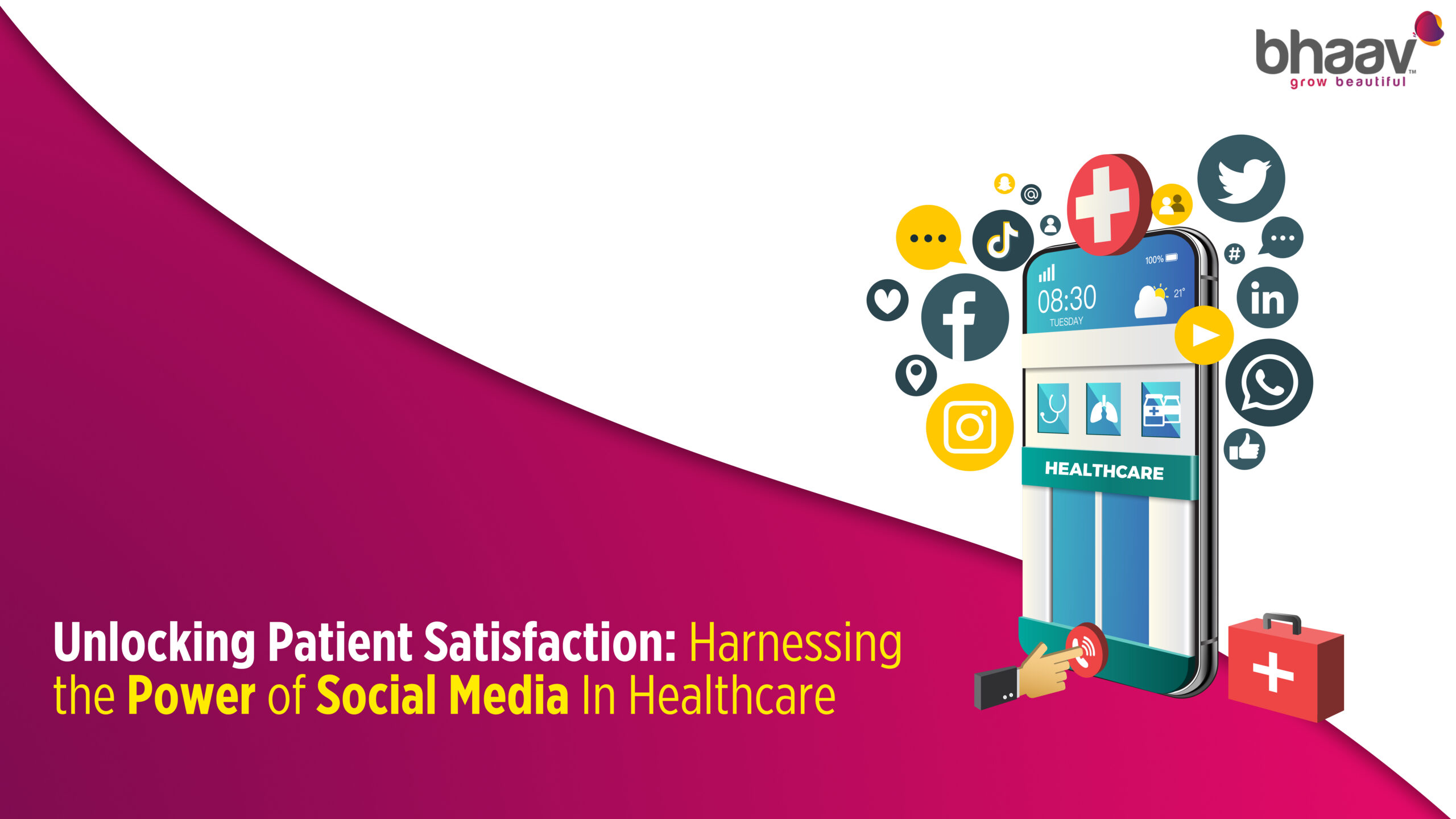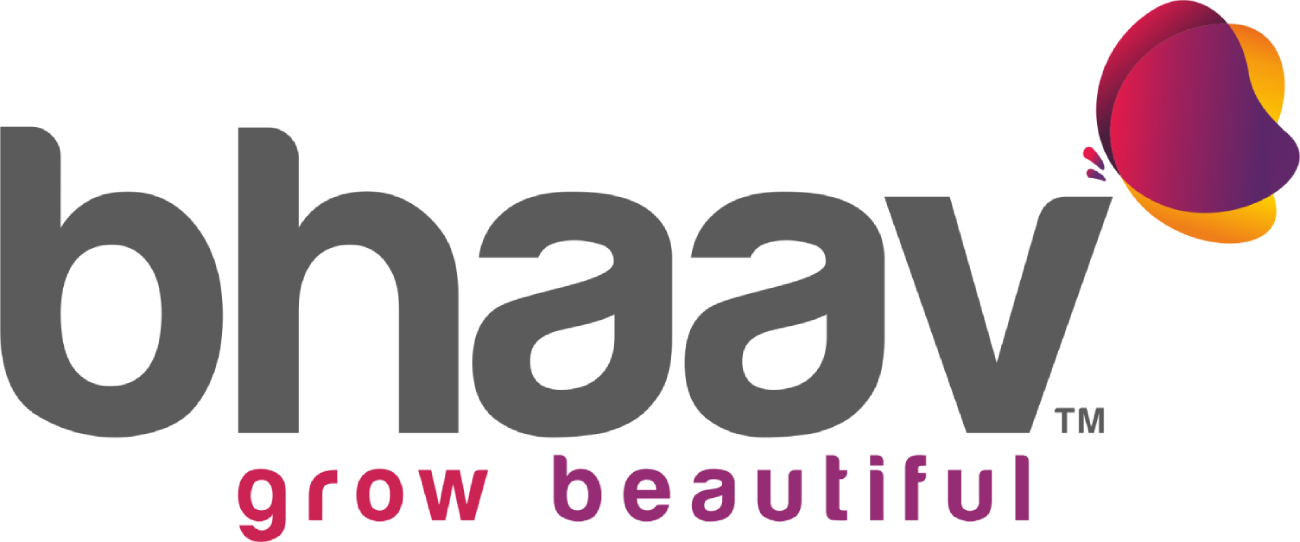
Unlocking Patient Satisfaction: Harnessing the Power of social media in healthcare
In this digital age, the power of social media cannot be underestimated, and its impact on patient satisfaction is remarkable. Join us as we explore the innovative ways in which healthcare providers can leverage social media platforms to enhance patient engagement, communication, and overall satisfaction. Discover practical strategies and insights that will help unlock the full potential of social media in transforming the healthcare experience. Get ready to harness the power of social media and revolutionize patient satisfaction in the world of healthcare.
The Impact of social media on Patient Satisfaction
The impact of social media on patient satisfaction in healthcare has been significant and far-reaching. Social media platforms have transformed the way patients interact with healthcare providers, access information, and share their experiences. A healthcare social media marketing agency can leverage the power of interactive content to engage patients and enhance their participation and satisfaction in healthcare.
1) Social media has empowered patients by providing them with a platform to voice their opinions, share feedback, and connect with others facing similar health challenges. This sense of community and support contributes to improved patient satisfaction and a feeling of being heard.
2) It also enables healthcare organizations to disseminate valuable health-related information, educational resources, and updates in real-time.
3) Patients can access a wealth of knowledge, empowering them to make informed decisions about their health and treatment options. This accessibility and transparency contribute to higher levels of patient satisfaction.
4) A direct and instant communication between patients and healthcare providers is possible because of it. Patients can ask questions, seek clarifications, and receive timely responses, leading to enhanced satisfaction and a stronger patient-provider relationship.
Leveraging social media for Enhanced Patient Engagement
Leveraging social media for enhanced patient engagement has become increasingly important in the healthcare industry. Social media platforms offer unique opportunities to connect with patients, promote active participation, and foster meaningful interactions.
1) Social media allows healthcare providers to create and share engaging content that educates, informs, and empowers patients. By delivering valuable health-related information in a visually appealing and digestible format, providers can capture patient’s attention and encourage their active involvement in their own healthcare journey.
2) Social media provides a platform for interactive discussions and community building. Through patient support groups, live chats, and online forums, patients can connect with each other, share experiences, and find emotional support. This sense of community fosters engagement and helps patients feel understood, valued, and supported by both healthcare professionals and their peers.
Effective Communication through social media in healthcare
Effective communication through social media in healthcare plays a crucial role in enhancing patient engagement and satisfaction. Social media platforms offer a direct and accessible channel for healthcare providers to interact with their patients.
1) By leveraging social media, healthcare professionals can share important updates, such as changes in clinic hours, new services, or health-related information, in a timely and efficient manner, patients receive the latest information promptly, reducing confusion and enhancing their overall experience.
2) Social media also enables personalized communication, allowing providers to address patient inquiries, concerns, and feedback directly. This interactive communication fosters a sense of trust, as patients feel heard and valued.
3) Social media platforms facilitate educational content delivery, allowing healthcare providers to share informative resources, preventive measures, and health tips. This empowers patients to take an active role in managing their health and well-being.
Strategies for Utilizing Social Media Platforms in Healthcare
When it comes to utilizing social media platforms in healthcare, several effective strategies can maximize their potential impact. Healthcare organizations should establish a clear social media strategy that aligns with their goals and target audience.
1) This includes selecting the most relevant platforms and tailoring content accordingly. Creating engaging and informative content is crucial. Sharing educational articles, tips for healthy living, and patient success stories can captivate and inspire followers.
2) Active community management is essential. Regularly monitoring comments, responding promptly, and encouraging discussions help build trust and foster a sense of connection.
3) Collaboration with influencers or partnering with patient advocacy groups can extend the reach and credibility of social media campaigns.
4) Tracking metrics, such as engagement rates or reach, provides valuable insights into the effectiveness of social media efforts, allowing for adjustments and optimization.
Building a Strong Online Presence
Building a strong online presence is vital for healthcare providers in today’s digital landscape. It involves establishing a credible and compelling online identity that resonates with patients and fosters trust.
1) Healthcare organizations should optimize their website and social media profiles to reflect their expertise, services, and values. Consistent branding, accurate contact information, and a user-friendly interface contribute to a positive user experience.
2) Regularly creating and sharing high-quality content demonstrates expertise and keeps patients informed. Blog posts, articles, and videos that address common health concerns or provide helpful tips can attract and engage a wider audience.
3) Actively engaging with patients on social media platforms is essential. Responding to comments, messages, and reviews in a timely manner shows attentiveness and care.
4) Utilizing search engine optimization (SEO) techniques can improve online visibility, making it easier for patients to find and connect with healthcare providers.
Engaging Patients through Interactive Content
Engaging patients through interactive content is a powerful strategy to enhance their participation and satisfaction in healthcare. Interactive content involves actively involving patients in the learning process, allowing them to interact, provide input, and have a personalized experience.
1) One effective approach is the use of quizzes, surveys, and assessments that enable patients to test their knowledge, receive personalized recommendations, or track their progress, hence empowering patients to take an active role in the healthcare journey.
2) Gamification is another engaging technique where healthcare providers can design interactive games, which adds an element of fun and competition, making it more likely for patients to stay committed to their health goals.
3) Furthermore, interactive videos, virtual tours, and interactive infographics can provide immersive and interactive experiences, allowing patients to explore complex healthcare topics in a user-friendly and engaging manner.
Leveraging social media for Timely Communication
It is a valuable strategy in healthcare. Social media platforms offer a quick and accessible means to disseminate important updates, share time-sensitive information, and engage with patients promptly. Healthcare social media marketing services can assist healthcare providers in effectively utilizing these platforms to enhance communication and engage with patients.
Enhancing Patient Education and Empowerment
Enhancing patient education and empowerment is a key objective in healthcare, and social media platforms offer valuable tools to achieve this goal. A healthcare social media marketing agency can play a pivotal role in utilizing these platforms to deliver informative and engaging content to patients. It can create and implement effective strategies to promote patient education and empowerment
a) Utilizing social media, healthcare providers can share educational content, such as articles, infographics, videos, and live webinars, to educate patients about various health topics.
b) Social media also allows for interactive discussions, where patients can ask questions, seek clarifications, and engage in meaningful conversations with healthcare professionals and other patients.
c) Social media provides a platform for patient testimonials and success stories, which can inspire and motivate others. Hearing about positive experiences can encourage patients to take control of their health, follow treatment plans, and adopt healthy behaviors.
Conclusion:
Harnessing the power of social media in healthcare has emerged as a key strategy in unlocking patient satisfaction. By leveraging platforms like Twitter, Facebook, and Instagram, healthcare providers can engage with patients, provide valuable information, and foster meaningful connections.
Moreover, Bhaav, an innovative healthcare advertising agency, plays a pivotal role in this process by utilizing targeted advertising campaigns and personalized content to reach and connect with patients effectively.
Bhaav’s expertise in healthcare marketing amplifies the impact of social media, enabling healthcare providers to enhance patient satisfaction, build trust, and ultimately improve the overall healthcare experience.
Frequently asked Questions (FAQ’s)
Q. How can social media platforms enhance patient engagement in healthcare?
Ans. Social media platforms enhance patient engagement by providing a platform for communication, support, and information sharing, fostering a sense of community and empowering patients in their healthcare journey.
Q. What are some effective strategies for healthcare providers to utilize social media for improved patient satisfaction?
Ans. Effective strategies include creating engaging content, utilizing interactive features, and timely communication to educate, inform, and actively involve patients in their healthcare experience.
Q. How can healthcare organizations measure the success and impact of their social media efforts on patient satisfaction?
Ans. Success can be measured through patient feedback, engagement metrics, and tracking loyalty and retention rates, enabling healthcare providers to assess the impact of social media on patient satisfaction and make data-driven improvements.
